
About cold sores
Cold sores or fever blisters are lesions filled with fluid, caused by herpes simplex virus type 1. They usually appear on the lips and around the mouth, although they can appear on or inside the nose, on the chin and on fingertips too. Cold sores are not only unattractive and often embarrassing, but they are also painful and itchy.
The outbreaks of cold sores can be classified as the first outbreak and the recurring outbreaks. When the virus penetrates the skin, it settles in the nerve endings and stays there in a dormant state. The first outbreak is pretty much the same as the following ones. Before the lesion appears, there is a tingling sensation with some redness. Then the lesion appears, in form of one or more blisters clustered together. The blisters are filled with fluid which oozes out in a few days when the blisters break. After this, a crust is formed, and when it sloughs off, it leaves a dot of pinkish skin. The whole process can take from several days to two weeks.
There is no definitive cure for cold sores. There are many home remedies, as well as some over-the-counter ointments that can help reduce the time a cold sore needs to heal. Some of them can even prevent and outbreak. However, the remedies are only useful if applied as soon as the characteristic tingling preceding an outbreak starts.
Prevention of cold sores
There are steps a person can make to prevent contracting the virus causing cold sores or to prevent the virus from spreading to other parts of the body or to other people.
It is recommended to avoid skin contact, kissing and similar with people who have visible cold sores. That is a sure way to contract the virus so caution is necessary. It is also important to wash hands carefully after being in contacts with people who have cold sores. Sharing personal items, such as razors, toothbrushes, towels, lip balm, glasses and utensils should be avoided.
A person who has already had cold sores is likely to get them again sometime in life. For some people, this means cold sores once a month and for some they only come back every few years or so. In any case, eating balanced meals, with plenty of fresh fruit and vegetables, and leading a healthy lifestyle are ways to boost the immune system so it can fight the virus when it wakes up from its dormant state.
It is also important to avoid triggers that lead to outbreaks. This includes other viral or bacterial infections, stress, lack of sleep, poor diet, alcohol consumption, smoking, substance abuse, even exposure to sun.



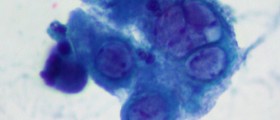
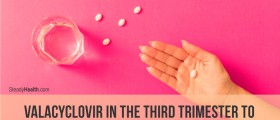
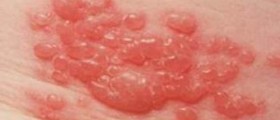



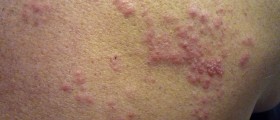

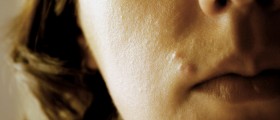

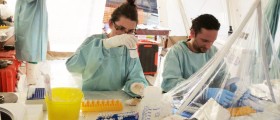



Your thoughts on this
Loading...